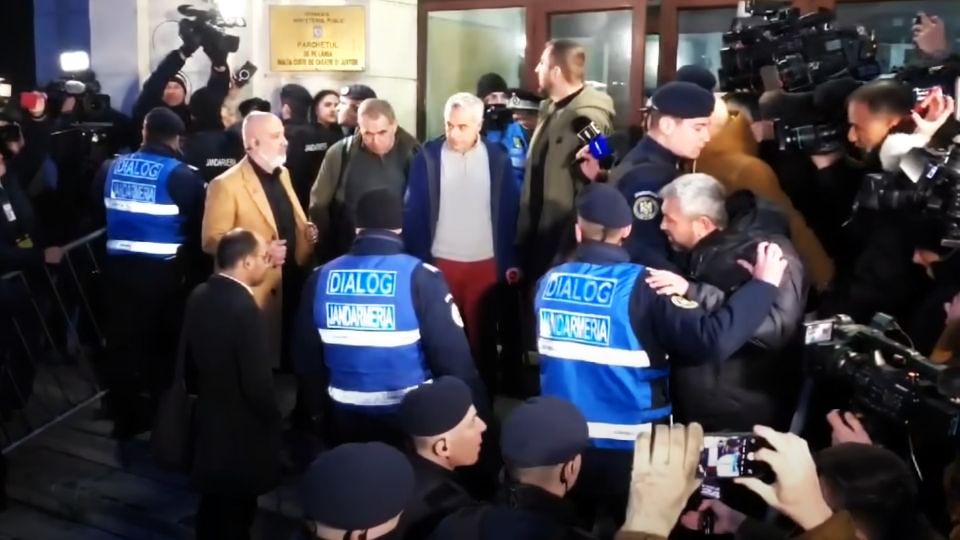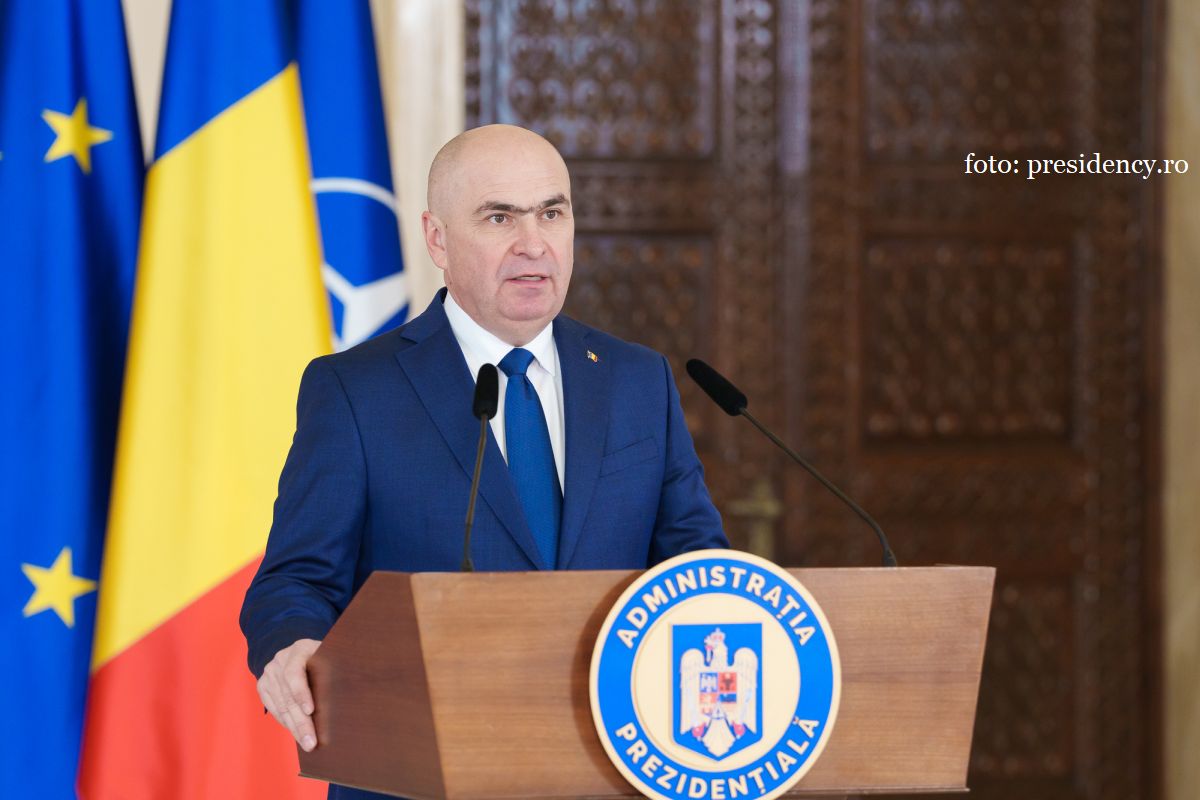Secrets and phone tapping in Romania
The debate over where the anti-corruption fight ends and where the violation of human rights begins has re-ignited in Romania.
Bogdan Matei, 19.05.2017, 12:00
For Romanian media and civil society, which
advocate morality in the public space and the severe punishment of a political
class blamed for robbing the country for almost three decades, the fight
against corruption is crucial, while magistrates are seen as the knights of
justice. For the tens of top-level politicians, from former prime ministers and
ministers to MPs and mayors, both on the right and left of the political
spectrum, from the government and the opposition, from Bucharest and the
provinces, who have found themselves behind bars or at least in the defendants’
box, today’s Romania is a police state or a republic of prosecutors.
The debate over
where the fight against corruption ends and where the violation of human rights
begins has been going on for a few years and is periodically re-ignited
whenever one of the two sides gets new ammunition.
The most recent
such debate was sparked over the archive of the former secret service of the
justice ministry. Known as the Independent Service for Protection and
Anticorruption, it was established in the early 1990s, soon after the fall of
communism, and existed until 2006, when it was dismantled amid accusations of
abuse. In the meantime, however, it is believed to have collected compromising
information about magistrates. Some of the files are said to have been stolen
or copied and now used to blackmail prosecutors and magistrates into opening
certain investigations and passing certain sentences. The plot has thickened
after accusations that many of these files were acquired straight from the
Securitate, the former political police of the communist regime.
On Wednesday, justice
minister Tudorel Toader said that, in order to put an end to speculations, the
infamous archive would be declassified as soon as possible. He pointed out,
however, that his ministry and the government can only declassify files that
fall within their prerogatives, while possible state secrets stored in the
archive have a different regimen. Prime minister Sorin Grindeanu also weighed
in, saying it is important to remove any doubts concerning the judiciary and
that he is in favour of declassifying the archives in keeping with the law. The
move is supported by the magistrates’ associations and by president Klaus
Iohannis, who added, however, that it would be interesting to find out how this
subject has resurfaced again more than ten years after the dismantling of the
Independent Service for Protection and Anticorruption.
Another scandal broke out recently after an
Internet post by university professor and doctor in constitutional law Radu
Chirita saying that in the last five years, state institutions in Romania have
made almost 110,000 requests for phone taps, of which more than 100,000 have
been approved. He claims 300,000 Romanians have had their phones tapped as a
result. Given that Romania has around 20 million inhabitants, the figure is
almost unbelievable and threatens to deepen the generalised suspiciousness in
Romania society.































